Here’s an honest look at the challenges of caring for an elderly parent and 6 things to make the process of being a caregiver a little bit easier.
It is incredible to me how one blink-of-an-eye moment can drastically impact your life. Since our car accident two weeks ago we have found ourselves dealing daily with the aftermath. Beyond the physical pain, there have been claims to file, insurance adjusters to talk to, paperwork to fill out, statements to make, prescriptions to fill, doctor visits to attend, and many, many conversations with our girls about what happened. My husband has led the charge, navigating this sometimes sticky process with wisdom and kindness and compassion. He is taking care of his girls, and we are all recovering well.
While my disability at this point is pretty minor, it has reminded me once again of just how taxing the role of caregiver can be. A few years ago, when our youngest daughter Annie was just five months old, my elderly mother-in-law Marie came to live with us because she was no longer able to live on her own. Already mired in the day-to-day chaos of caring for a colicky infant and an active toddler, we were woefully unprepared for this phenomenon called “Sandwich Years,” a time where you have both children and parents to care for.
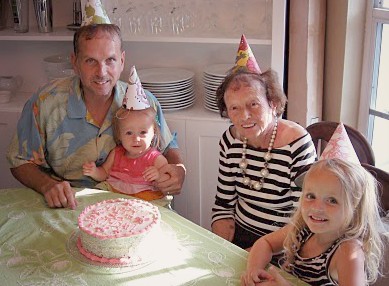
Hindsight is 20/20, but looking back, I truly wish we would’ve been a little more prepared for the challenges of being a full-time caregiver. I loved my mother-in-law and desperately wanted her to be a part of my children’s life. I wanted them to grow up knowing her and having a close relationship. I thought that the benefits of having her live with us would far outweigh any detriments. There was so much we didn’t know, so much I wish someone with more experience could have had told us.
6 Things No One Told Us About Being a Caregiver
If I could do it again, these are the six things I most wish I would’ve known:
You will have to make hard choices
We didn’t realize, going into it, how many difficult choices would come up. There were an endless slew of medical decisions, financial decisions, and quality of life decisions that constantly needed to be made. Sometimes what Marie wanted to do was at odds with what everyone else wanted her to do; sometimes we were unable to sway her towards a decision we knew was best, causing frustration and resentment. There were many times we couldn’t convince her to make a decision at all.
I truly wish we would’ve had the forethought to sit down with Marie ahead of time, before it was too late, and address some of the end-of-life issues that are so hard to talk about. I wish we would’ve been brave enough to have that conversation. I wish we would’ve been able to agree on a plan of action, to determine what our priorities were and to find out, from the options that were available, what she really wanted most of all. I wish we would’ve had medical directives in place from the get-go, along with power of attorney for both financial and medical matters. We did get them in place eventually, but not before we caused ourselves a lot of undue heartache.
Being a caregiver to an elderly parent is nothing like having another kid
Sometimes kind-hearted people, in an effort to be sympathetic, would say, “wow, caring for your mother must be like having a third child.” We would smile and nod in agreement because, really, what else can you do when someone is trying to be nice? But the truth was that having an an elderly adult to care for was nothing like having a toddler. My mother-in-law had lived a whole life before I was even born. She was set in her ways–and rightfully so.
She was extremely hard of hearing, which meant communication could be frustrating and difficult and LOUD, but she was still capable of having an adult conversation. She had adult feelings too, which meant if we simply went about our daily routine without engaging her–because engaging her took a lot of effort and yelling that I didn’t always have the energy or patience for-she would feel neglected and ignored. Because she didn’t hear well she was often separated by a wall of silence, even while in the same room. This often prevented her from being a part of our normal family life and dialogue. She required care, but a totally different type of care, managing medications, arranging doctor’s visits, trying to convince her to try a hearing aid, and helping her maneuver around the house.
Caregiving can be embarrassing and uncomfortable
There were sometimes moments in the course of the day that made us cringe, moments related to a loss of modesty and increasing difficulty with bodily functions. We had always loved to entertain, but because we couldn’t predict how or when those embarrassing moments would happen, we stopped inviting people over. In retrospect, perhaps we should’ve been a little more laid back, realizing that those things happen, but at the time it just felt….weird. Having someone live in your house sometimes means seeing and hearing more than you ever wanted to.
Your relationships will be strained
Caregiving is often a thankless job, and the effects of that can cause a serious strain on all your relationships. During that time Chuck and I were often stretched to the max, and with no one else to take it out on, we lashed out at each other. We were more easily frustrated with our kids, and often frustrated with Marie as well. There were times where she seemed equally sick of us, and especially of the kids. I had hoped for a closer relationship, but I forgot that sometimes grandparents need a little space from the constant neediness of kids. Frankly, we all needed a little space from each other sometimes, and often there was just no place to go.
Our outside relationships were strained as well. We were frustrated and resentful of family members who had no idea what we were going through. Most of our friends just couldn’t relate to our stage of life, and one by one they disappeared too. Had we known better, we would’ve joined a support group of other caregivers, but I think maybe at the time we were too proud & stubborn to admit we couldn’t handle it all on our own.
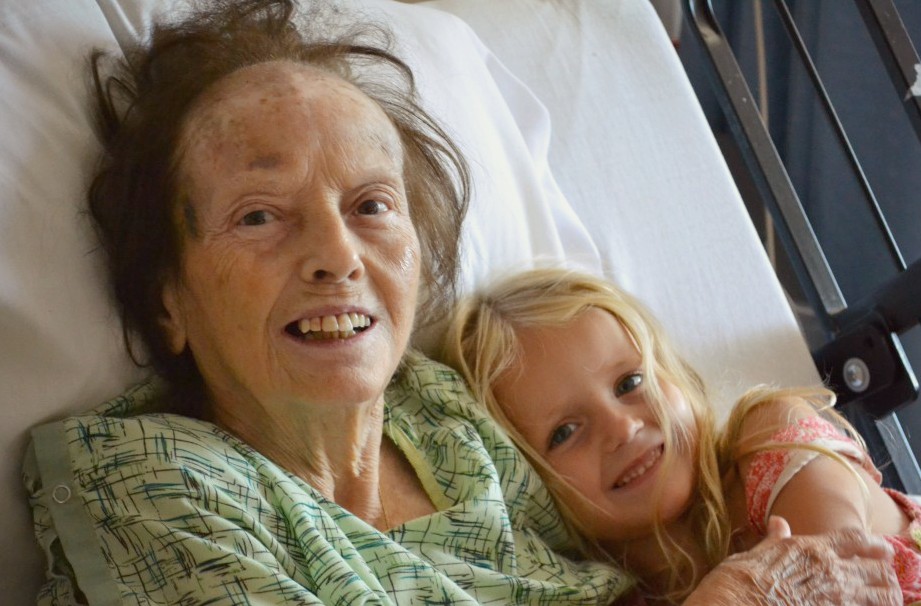
A doctor’s job is to worry about prolonging life, not quality of life
That is an important distinction to remember, and one that didn’t occur to us until it was too late. Don’t get me wrong, all the doctors who helped care for my mother-in-law were kind and compassionate, and truly concerned for her well-being. But their first concern was always dealing with the physical concerns that would prolong her life as long as possible–managing her blood pressure and her kidneys and her diabetes. It meant lots and lots of pills and tests and doctor’s visits, and then later, after she had a bad fall and ended up in the hospital, even more extraordinary measures to get her “well” again.
Had we the chance to do it over, I think we would’ve looked at the situation much differently. Our primary concern would’ve been making her final years and months as enjoyable and comfortable as possible, without worrying so much about prolonging her life as long as we could. At the very least, we would’ve realized that our job as caregivers was to advocate for quality of life, knowing that the doctors were approaching her care from a different perspective.
You will need a break
After living with us for seven months, my mother-in-law decided on her own that she would like to move to a nearby assisted living facility. It wasn’t until someone else was sharing the responsibility for her care that we realized how much we had needed the break. Being a full time caregiver is at times difficult and stressful, especially when you add kids and the rest of life’s demands into the mix. Sometimes in the midst of the daily grind it is hard to see the forest through the trees, but had we known how desperately we needed to give ourselves a break, perhaps we would’ve tried a little harder to find respite care.
Looking back, I now realize we entered our caregiving situation with a blind naivety that ended up causing problems that may have been avoidable. I am so very thankful that we managed to resolve them, and that we were able to maintain a close and loving relationship with my very dear mother-in-law to the very end. I am also so grateful that she was once again able to enjoy spending time with her granddaughters. She was a wonderful woman with an amazing heart, and I still miss her a lot.
To recap, here are the 6 things that no one told us about being a caregiver:
- You will have to make hard choices
- Being a caregiver to an elderly parent is nothing like having another kid
- Caregiving can be embarrassing and uncomfortable
- Your relationships will be strained
- A doctor’s job is to worry about prolonging life, not quality of life
- You will need a break
My hope is that sharing our experience–and the lessons we learned–might help those of you who are caregiving now, or will be in the future.
Other helpful resources:
- Yes, You CAN Get Rid of That! How to Declutter Without Feeling Guilty
- 48 Life Skills Everyone Should Learn
- How to Raise Grateful Kids in a Self-Centered World
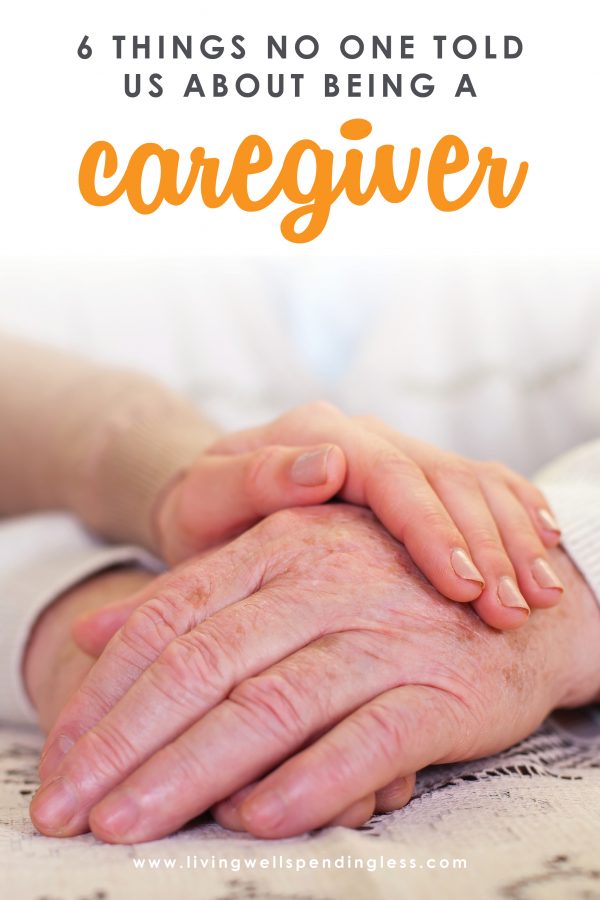
TAKE BACK CONTROL OF YOUR HOME LIFE
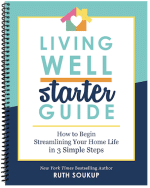 Ever feel like you just can't keep up? Our Living Well Starter Guide will show you how to start streamlining your life in just 3 simple steps. It's a game changer--get it free for a limited time!
Ever feel like you just can't keep up? Our Living Well Starter Guide will show you how to start streamlining your life in just 3 simple steps. It's a game changer--get it free for a limited time!
If you love this resource, be sure to check out our digital library of helpful tools and resources for cleaning faster, taking control of your budget, organizing your schedule, and getting food on the table easier than ever before.

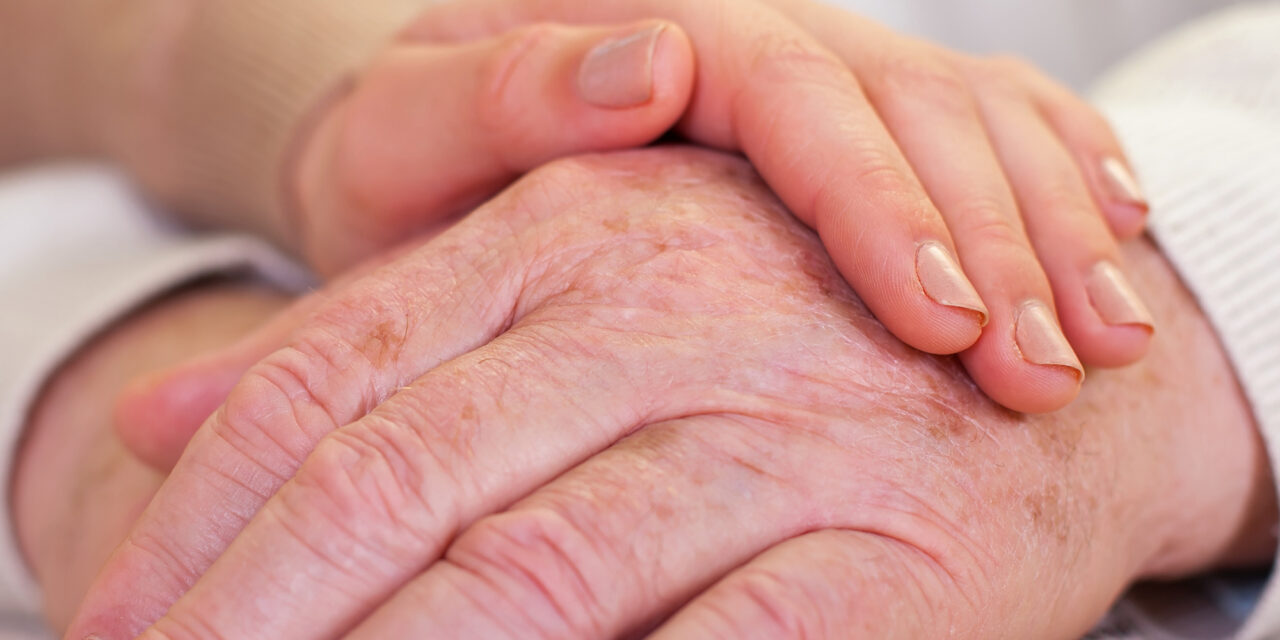
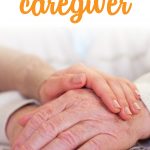
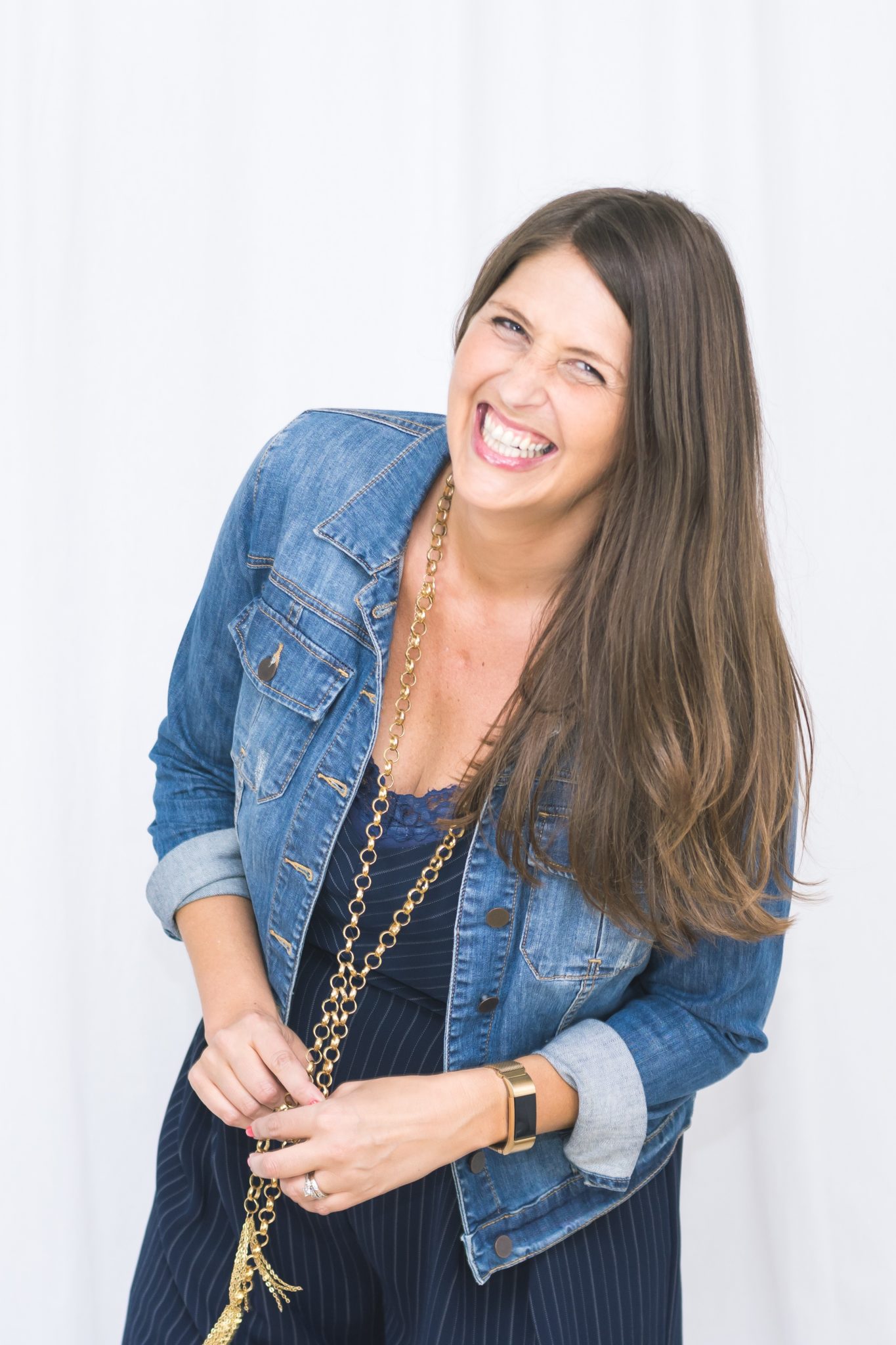





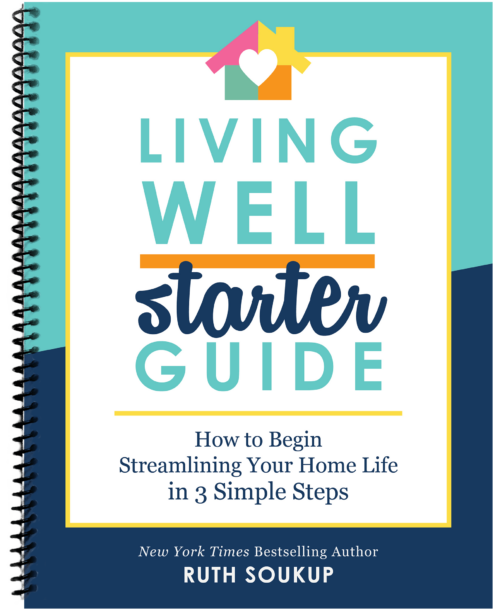

If there is one qualifying characteristic necessary in order for a person to become a good caregiver to an elderly parent, grandparent or other relative, it is without a doubt lots and lots of empathy. There are so many moments that can be so difficult in so many ways, especially when the person on the receiving end of the care fights what you know is in his or her best interests.
I’ve worked with hundreds of families in such situations, and those who handle that phase of life with the most grace are those who are able to view each situation that arises with empathy as if seeing it through the eyes of the elderly relative for whom the care is being administered.
Thank you so much for your thoughtful and caring blog. It was the first I noticed after typing into google search, “being a caregiver.”
I’ve been taking care of my mom who is unfortunately losing her battle with Ovarian Cancer. The doctors told her she will have only weeks left if she doesn’t continue treatment and her difficult decision was made….just return home to live out the final days.
People amaze you when you begin facing this type of hard road. Some who have stepped up to offer support, may it be a meal delivered to our house, a gift to show they care or a lifeline at the other end of a cell phone, fill me with strength and hope. Others disappear, never even think to check on us or call and leave me wondering….why?
I never knew this would be so difficult. I knew it would be hard enough to face life without my mom, but I had ZERO idea that being her caregiver 24-7 would change my life in such profound ways.
My heart goes out to the fellow soldiers who are out there, past and present, fighting for the dignity of their loved ones as they transition. I know we have all met in the trenches spiritually and collectively. During the darkest hours filled with doubt and sadness, we must remember: We are the strong! We are the ones who realize that our loved one would want the very best on their journey during which they rely on us for care.
I want my mom to have everything I know she’d want to give to me if this horrid situation were reversed.
I will give her the gift of grace and dignity and comfort, no matter what it takes. No matter how many people attack me or question me, fueled by their own grief and resentment.
The beauty and positivity I’ve found in the quiet moments with my mom during her suffering are what I will forever cherish. I feel somewhat sorry for those who missed out on all the heart wrenching and glorious beauty I’ve experienced.
Through it all, I know with every difficult step, this is my mom’s gift to me on her way to the next realm.
As a result, I am filled with more love than I ever thought could be achieved.
I have been my father ‘a caregiver for years with only one overnight break. My stupid sister pats me on the back and flipped out on me when I asked her to take our father for a weekend so I can have a break. I hold a full time job and there is a neighbor who comes in to watch Dad while I work. I am stuffing down anger and getting heavier and heavier. People tell me that I must take care of myself . What for? So I can do this for another two years? I hope I due if a heart attack soon
Ann, I feel your misery. I have five siblings and only one stops by every couple of weeks. No one offers to help bathe, clean up after her, help with doctor visits, nothing. I love my husband and child but often do not want to come home from work. It’s a miserable existence but it will end…
Ruth,
Thank you for sharing this. I am in my third round of caring for an elderly individual. I’ve learned the hard way, too, that it’s impossible to be Superman or Superwoman for an extended period of time. We need to take care of ourselves during such times so we can better care for all of those who need our attention and concern.
Also, it is just so wrong for anyone to say that caring for an elderly individual is the same as caring for a child. It isn’t. With a child, there is the realization (or at least realistic expectation) that the child will become increasingly independent and self-sufficient with each passing year. The hope for any sort of improvement just isn’t realistic in so many elder care situations.
It’s so important to have uncomfortable but necessary discussions with loved ones before such situations unfold.
You are an amazing woman to admit all of these things. Isn’t it funny how we realize after the whirlwind nightmare that we spread ourselves too thin? I do believe as good people with good hearts it is better to give too much then not enough, though. Usually an end to the suffering will come, sometimes it takes years. It really takes so much experience to figure out that balance of getting help and not taking it all upon ourselves. Will we ever get it right? As women, even in general? We are such giving beings and we are constantly stressed. I can’t imagine being the one who has to be taken care of. Surely it’s worse. I took care of my husband through his cancer all last yr. Slept bedside day after day, washed him, watched him almost bleed to death, constantly throwing up, and that look in his eye of giving up and yet trying to keep sane. He says it was hardest on me, but i cant imagine being him. It is amazing what the human psyche can take with prayer. It’s the only way we got through all that. Thank you for sharing your words and story. Very inspiring. You are a strong woman who now has wisdom and discernment you just wouldn’t have had before all this happened. That makes you an amazing mother, wife and friend to all those in your life. We have to allow ourselves to be in off moods, days where we hide or just do nothing. I think we have earned them.
Hollie